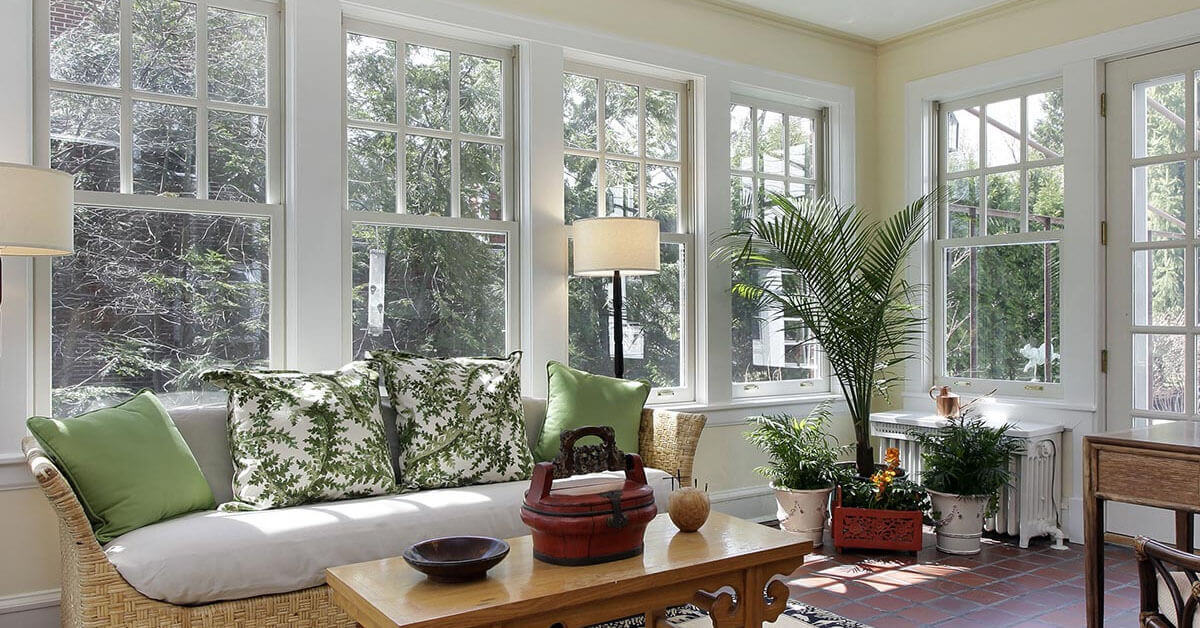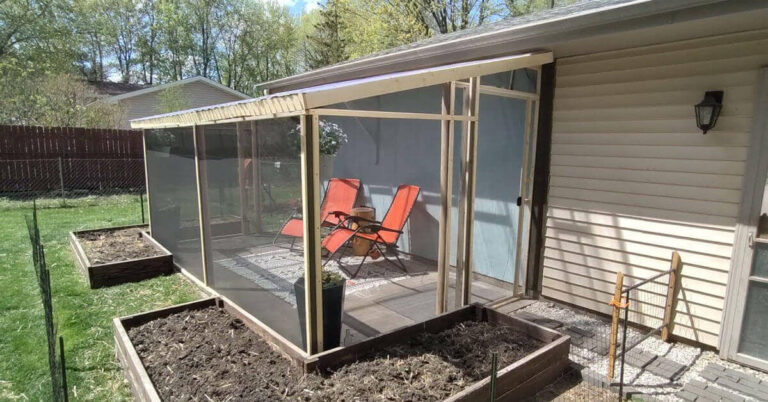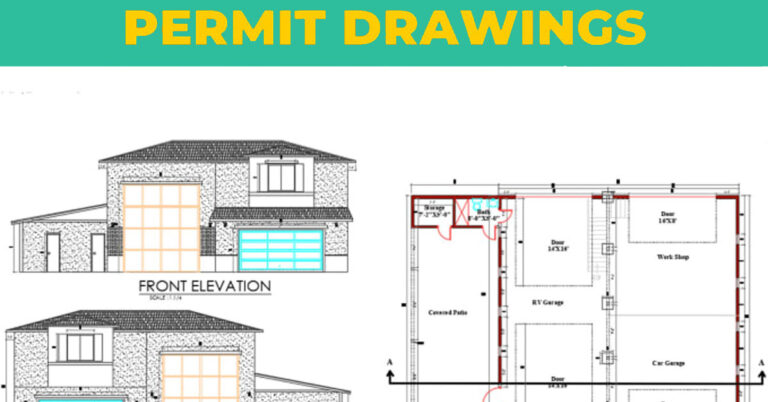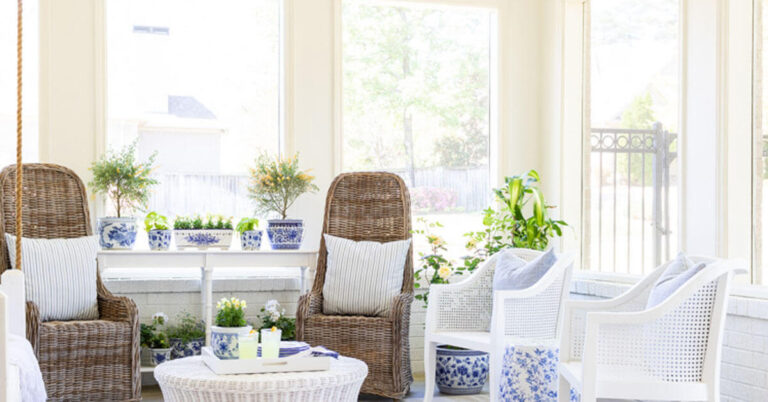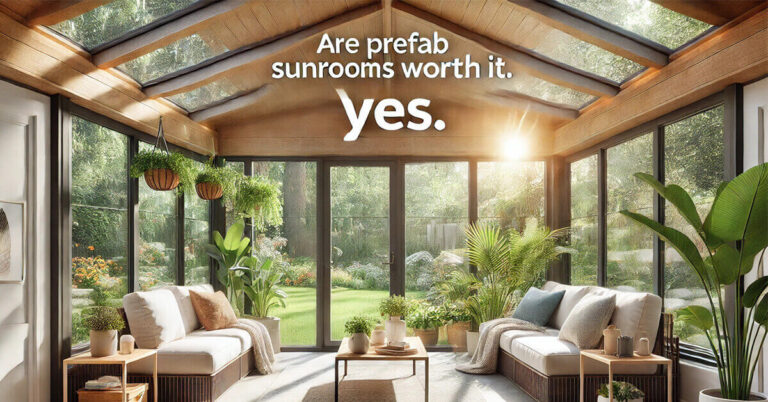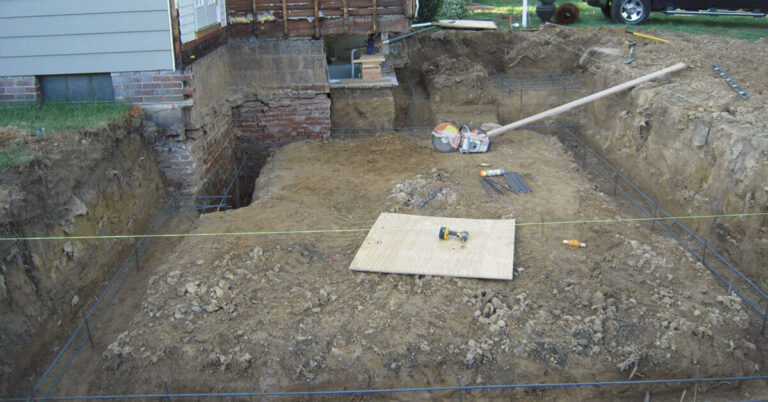What Do British People Call a Sunroom?
So, what do British people call a sunroom? The answer is “conservatory.” This term is widely used across the UK to describe that lovely glass-enclosed space where you can soak up the sun without actually being outside. But there’s a bit more to it than just a name. Let’s dive into the world of conservatories and see what makes them special in British homes.
A Bit of History
Conservatories have been around for quite a while. Originally, they were used to grow exotic plants and fruits that couldn’t survive the British climate. Over time, they evolved into cozy spaces for relaxation and entertaining. Nowadays, they’re all about enjoying the natural light and views while being sheltered from the unpredictable British weather.
The Appeal of a Conservatory
- Natural Light: One of the biggest draws is the sheer amount of light that floods in. It’s like having your own little slice of the outdoors, minus the rain!
- Versatility: You can use a conservatory for just about anything—be it a garden room, playroom, or even an office. It’s a flexible space that can adapt to your needs.
- Connection to Nature: With all those windows, you feel connected to your garden or backyard. Watching the seasons change from your comfy chair is pretty special.
- Increased Property Value: A well-designed conservatory can add value to your home. It’s an attractive feature for potential buyers who are looking for that extra bit of charm.
Common Features
Most conservatories share some common traits:
- Glass Roofs: To maximize sunlight.
- Brick Bases: Often built on a solid foundation.
- Open Spaces: Designed to feel airy and spacious.
Designing Your Conservatory
If you’re thinking about adding one, consider these tips:
- Choose the Right Style: From Victorian to modern minimalist, pick a design that complements your home.
- Think About Orientation: South-facing conservatories get the most sun, but east or west can also work well depending on your preferences.
- Insulation Matters: A good conservatory should be usable year-round, so look into proper insulation options.
Conclusion
In summary, while British folks call it a “conservatory,” this space is more than just a name—it’s about creating a warm, inviting area that enhances your home and lifestyle. Whether you’re sipping tea on a sunny afternoon or hosting friends for dinner, a conservatory can be the perfect backdrop for life’s little moments.
FAQ
What’s the difference between a conservatory and an orangery?
A conservatory is primarily made of glass and designed to let in as much light as possible. An orangery typically has more brickwork and less glass, making it feel more like an extension of your home.
Can I use my conservatory year-round?
Absolutely! With proper insulation and heating options, many people enjoy their conservatories throughout all seasons—perfect for those chilly winter evenings!
Are conservatories expensive to maintain?
Maintenance costs can vary depending on materials used and size. Generally, they require regular cleaning and occasional repairs, but many find it worth it for the added enjoyment they bring.
Do I need planning permission for a conservatory?
In many cases, you won’t need planning permission if you stay within certain size limits and guidelines. However, it’s always best to check with your local council before starting any construction.

